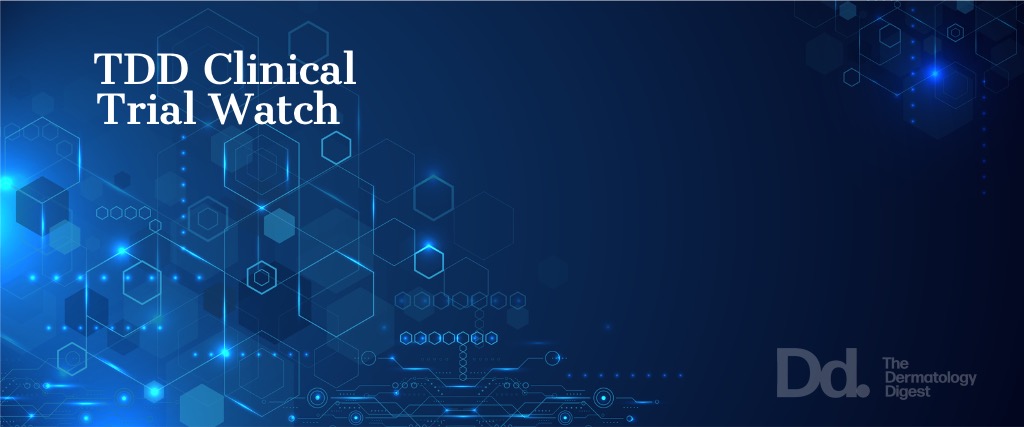
The first patient has been dosed in Zai Lab’s global Phase 2 clinical trial of ZL-1102, a topical anti-IL-17 investigational therapy for the treatment of mild to moderate chronic plaque psoriasis.
ZL-1102 is a novel human VH antibody fragment (Humabody), targeting the IL-17A cytokine, formulated as a hydrogel for topical use in the treatment of chronic plaque psoriasis. Due to its small size and other features unique to this class of molecules, ZL-1102 has improved target affinity and tissue penetration compared to full-sized monoclonal antibodies.
“ZL-1102 is the first IL-17 targeted topical treatment in development for patients with less severe forms of CPP. Formulated to be applied directly to psoriatic skin lesions, we hope it can bypass unnecessary tissue exposure and avoid systemic toxicity commonly associated with intravenous or subcutaneous therapies,” says Harald Reinhart, MD, President and Head of Global Development, Neuroscience, Autoimmune & Infectious Diseases, Zai Lab, in a news release.
Zai Lab previously reported data from the proof-of-concept study in patients with mild-to-moderate chronic plaque psoriasis in which topical treatment with ZL-1102 showed a 45% relative improvement compared to placebo in the local Psoriasis Area Severity Index (PASI) score of the target lesion at four weeks, and consistently higher responder rates over time compared to placebo during and after the end of treatment.
The Phase 2 global clinical trial of ZL-1102 is a randomized, double-blind, vehicle-controlled, dose-ranging study in patients with mild-to-moderate chronic plaque psoriasis. In this 5-arm trial, approximately 250 patients will receive topical therapy for 16 weeks. The primary endpoint is the proportion of patients achieving modified PASI75, which is at least a 75% reduction in the modified PASI score from baseline, at week 16. The study will also determine the efficacy of different doses of ZL-1102 compared to placebo at the end of therapy. Secondary objectives include efficacy throughout the treatment period, safety, tolerability, pharmacokinetics and anti-drug antibody (ADA).

